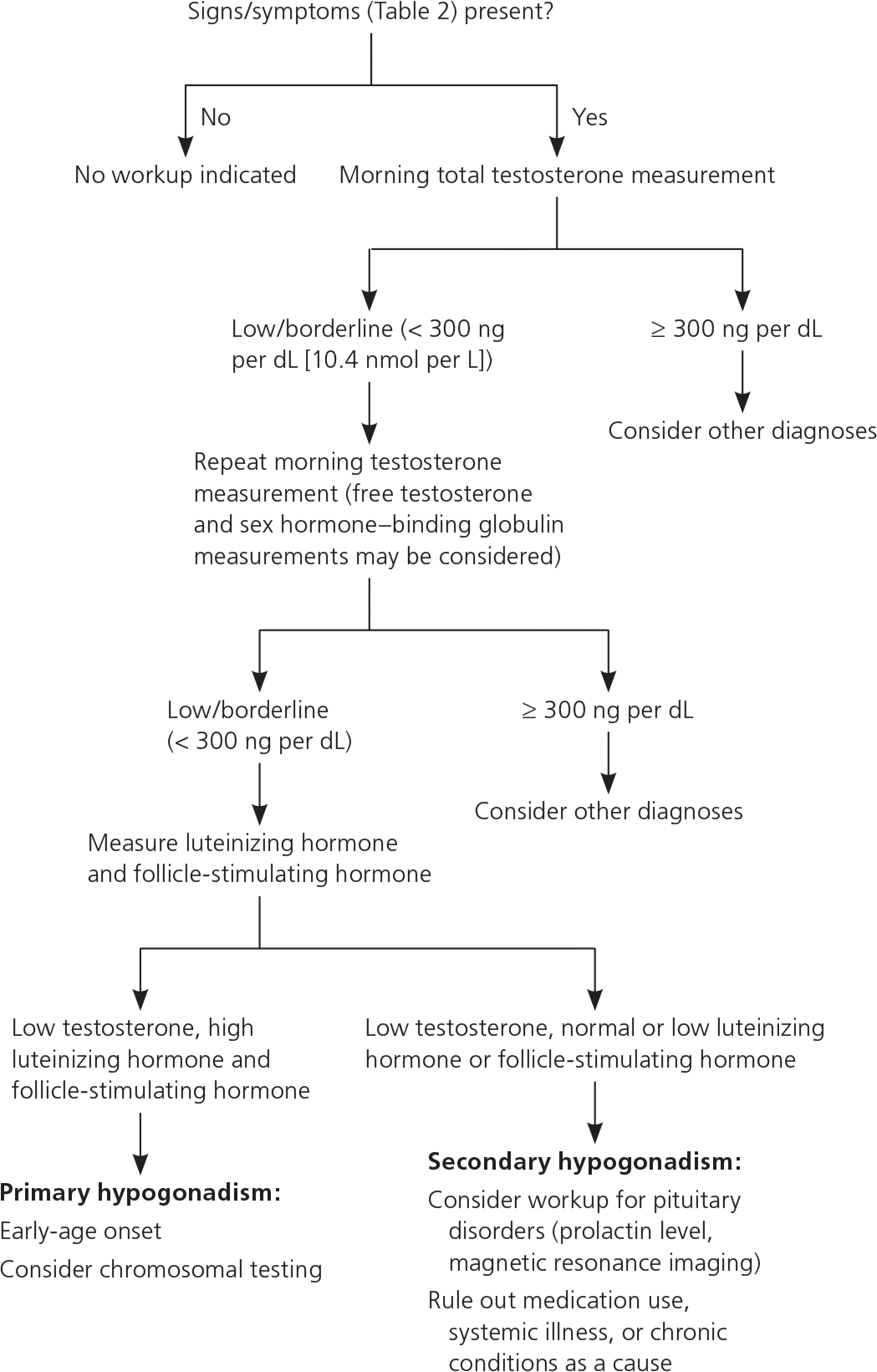Signs of hormone imbalance in men aged 50+

Signs of Hormone Imbalance in Men Aged 50+: Understanding and Managing the Changes
As men age, particularly beyond the age of 50, they may experience a range of physical and emotional changes that can significantly impact their quality of life. One of the primary factors contributing to these changes is hormone imbalance, particularly the decline in testosterone levels. This article will explore the signs of hormone imbalance in men aged 50+, discuss the causes, and provide practical advice on how to manage these changes effectively.
Introduction to Hormone Imbalance
Hormones are chemical messengers that play a crucial role in regulating various bodily functions, including growth, metabolism, and reproductive processes. In men, testosterone is a key hormone responsible for maintaining energy levels, sexual health, and overall physical well-being. As men age, their testosterone levels naturally decrease, which can lead to a variety of symptoms associated with hormone imbalance.
Signs of Hormone Imbalance in Men
Men experiencing hormone imbalance may notice several symptoms that can affect their daily lives. These include:
-
Fatigue and Weakness: Feeling tired or lacking energy, even after adequate rest.
-
Weight Gain: Unintentional weight gain, particularly around the midsection.
-
Reduced Libido: Decreased interest in sex.
-
Erectile Dysfunction: Difficulty achieving or maintaining an erection.
-
Mood Changes: Increased irritability, anxiety, or depression.
-
Sleep Disturbances: Difficulty sleeping or insomnia.
-
Muscle Loss: Reduced muscle mass and strength.
-
Bone Density Loss: Weakened bones and increased risk of osteoporosis.
-
Gynecomastia: Development of breast tissue.
-
Hot Flashes: Sudden feelings of warmth or flushing.
-
Cognitive Changes: Difficulty concentrating or memory issues, often referred to as “brain fog” .1 .2 .9.
Causes of Hormone Imbalance
Hormone imbalance in men can be caused by a combination of factors, including:
-
Aging: Natural decline in hormone production.
-
Chronic Stress: Elevated cortisol levels can disrupt hormone balance.
-
Poor Diet: Consuming high amounts of unhealthy fats, sugars, and processed foods.
-
Lack of Exercise: Sedentary lifestyle can contribute to hormonal dysregulation.
-
Certain Medications: Some drugs can affect hormone levels.
-
Medical Conditions: Tumors or other health issues may impact hormone production .1 .3 .4.
Managing Hormone Imbalance
Fortunately, there are several strategies that can help manage hormone imbalance and alleviate its symptoms.

Lifestyle Changes
-
Dietary Adjustments:
-
Regular Exercise:
-
Stress Management:
-
Yoga and Meditation: Practice stress-reducing techniques to lower cortisol levels and promote relaxation .4.
-
-
Sleep and Relaxation:
-
Ensure Adequate Sleep: Aim for 7-9 hours of sleep per night to support hormone regulation .3.
-

Medical Interventions
-
Hormone Replacement Therapy (HRT):
-
Consult a Healthcare Provider:
-
Before starting any treatment, consult with a healthcare professional to determine the best approach for your specific needs.
-
Natural Supplements
Some natural supplements may support hormone balance, though it’s essential to consult with a healthcare provider before adding them to your regimen:
-
Fenugreek and Ashwagandha: Known for potentially boosting testosterone levels.
-
Zinc and Omega-3 Fatty Acids: Support overall hormonal health and well-being .4.

Conclusion
Hormone imbalance is a common issue affecting men aged 50+, but it is not an inevitable part of aging. By understanding the signs and causes, and implementing lifestyle changes and medical interventions when necessary, men can effectively manage these changes and improve their quality of life. Whether through dietary adjustments, regular exercise, stress management, or hormone replacement therapy, there are many options available to help restore balance and vitality.

Additional Tips for Writing an Engaging Article
When crafting an article for middle-aged individuals, consider the following strategies to ensure it resonates with your audience:
-
Know Your Audience: Tailor your content to address the specific concerns and interests of men aged 50+.
-
Use Relatable Examples: Incorporate real-life anecdotes or case studies to illustrate how hormone imbalance affects everyday life.
-
Focus on Benefits: Highlight how managing hormone imbalance can improve overall health and well-being.
-
Keep It Simple: Avoid using overly complex medical jargon; instead, explain concepts in clear, accessible language .6 .8 .10.
By following these guidelines, you can create an engaging and informative article that provides valuable insights and practical advice for your readers.









